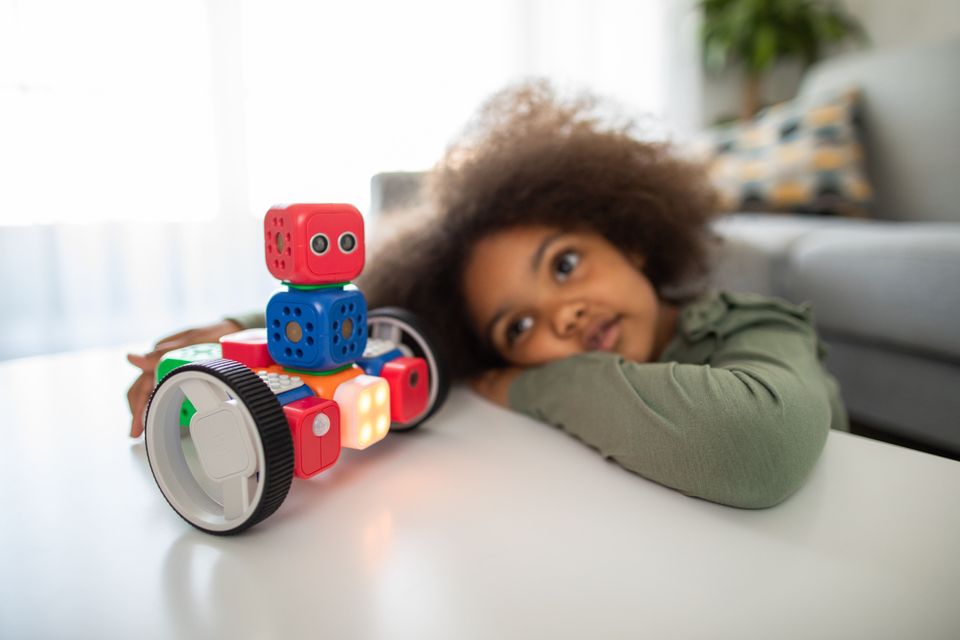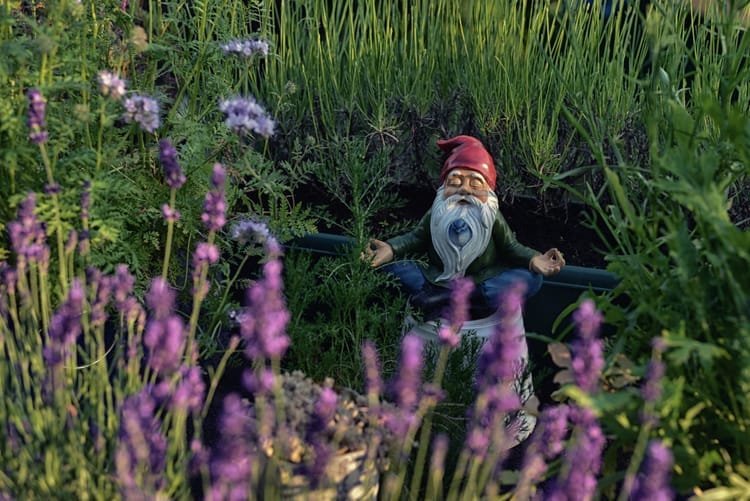Reclaiming creativity

Do you consider yourself creative?
I've had conversations on the topic with my acquaintances, and got the impression that most of them wouldn't rate their creativity very highly. I decided to delve a bit deeper and conducted a quick Google search to see if there was any data to back up my observations. It turns out that many people feel this way. For instance, surveys conducted by Adobe in different countries showed that the majority of the participants agreed that creativity was a very valuable skill, yet only about a quarter of them felt like they were fulfilling their creative potential. This begs the question: how did things get so bad?
In this wonderful Tedx Talk, Dr George Land, an expert in strategic thinking and innovation processes, sheds some light on this creativity crisis. Having been asked by Nasa to help them select the most innovative engineers and scientists, Dr Land devised a creativity test, which turned out to be remarkably effective. This experience led him to dig deeper and explore whether creativity is an innate trait or a skill that can be learned. Using the same assessment designed for NASA, he assembled a sample of 1,600 children and had them tested at ages 5, 10, and 15. Additionally, he administered the same test to a whopping 280,000 adults.
What did the study reveal? At the age of five, 98% of the children fell into the genius category of imagination, which is mind-blowing. However, fast forward five years to when these children turned ten, and only 30% of them maintained that high level of creative and innovative thinking. By the time they reached 15, the number plummeted to 12%. If that wasn't enough of a reality check, among the adults who took the test, only a meager 2% passed. To quote Picasso, "Every child is an artist, the problem is staying an artist when you grow up".
To understand why that may be, we need to consider that there are two kinds of thinking that occur in the brain. The first one, divergent thinking, is the accelerator of the brain, allowing us to be imaginative and come up with new possibilities. The second one, convergent thinking, acts like the brake, helping us evaluate ideas and make decisions. Dr. Land explains that problems arise when both these modes are simultaneously activated—something we're unfortunately trained to do in school. This means that as soon as we conceive a new idea, we instinctively start criticizing it, identifying potential obstacles, and listing reasons why it won't work. I can personally relate to this—every time a fresh idea pops into my mind, I tend to dismiss it almost instantly by focusing on potential pitfalls. And yet as a child I seemed to overflow with creativity, constantly inventing new games and experiments (just ask my mum, who claims she was costantly exhausted trying to keep up) and I had so much fun thinking out of the box.
Ken Robinson, author and educationalist, makes a similar point in another Ted Talk. He states that we are educated out of creativity, so to speak, and advocates for for an educational system that nurtures, rather than stifles, creative expression. Still not convinced? Have a look at this video on the Marshmallow Experiment, where a group of kindergarteners outperform CEOs, lawyers and recent business graduates.
But not all is lost! Dr Land wraps up his talk by urging us to reconnect with our five-year-old selves. He emphasizes that our imaginative abilities are still intact, just waiting for us to rekindle them. We need to reawaken the part of the brain capable of wonderful imagination, and to practice using it every day. By doing this, we will, over time, move away from the "normal" adult brain, where convergent and divergent thinking are combined, towards a divergent-only brain—a brain that is infinitely more active and capable of imagining a new future.
"Imagination is more important than knowledge", as Einstein put it. The ability to conceive innovative possibilities and address new challenges with open-mindedness and resourcefulness is crucial in a world where we face monumental and unprecedented challenges—from global warming (in fact, global boiling) to deepening political divisions, from widespread poverty to ongoing conflicts all over the world, from malnutrition in certain regions to the obesity pandemic in others, just to name a few. And even if we don't come up with a solution to the world's most pressing problems, creativity will bring more joy and vibrancy into our lives.
If you're looking for more practical advice on how to channel your 5-year-old self, here's a list of 16 scientifically proven ways to boost your creativity. I must warn you though, number one on the list is to put your phone away (only after you've finished reading my post and left a comment, of course)! Other suggestions from the list that resonate with me include surrounding myself with nature, allowing my mind to wander, challenging myself to do new things, and going for walks.
I'm genuinely curious about your relationship with creativity. And if you have any advice on how to tap into our imaginative prowess, do share your insights in the comments. Your perspectives might just be the catalyst for igniting someone else's creative spark!



Member discussion